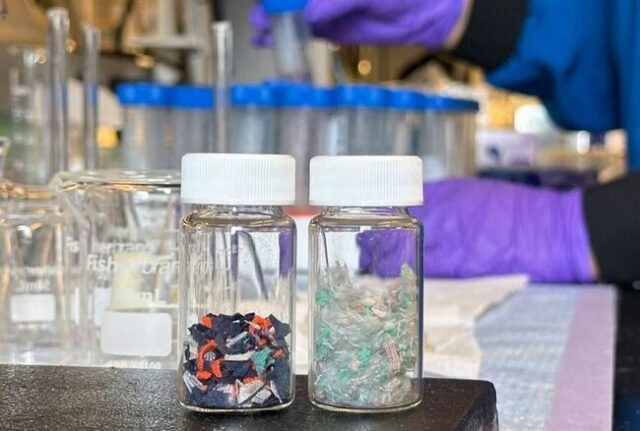
The fashion and textile industries contribute approximately 10% of global landfill waste, with much of this waste being non-recyclable. Synthetic textiles such as polyester, spandex, and nylon are particularly problematic because they release microplastics into the environment and are not easily processed by standard recycling facilities. While there are existing methods to recycle these materials, the challenge intensifies when they are blended with natural fibers like cotton or wool, making recycling nearly impossible. In a promising development, materials engineers at the University of Delaware, led by chemical engineer Erha Andini, have created a chemical recycling method capable of separating artificial fibers from natural ones. This innovation offers a potential breakthrough in textile recycling, aiming to establish a closed-loop system that could significantly reduce clothing waste.

The newly devised process employs a solvent activated by simple microwave energy to break the chemical bonds in polyester and nylon, detaching these synthetic fibers from natural ones. This approach not only simplifies the recycling process but also promises lower energy consumption. However, challenges remain, such as the degradation of some recycled fibers and the high cost of the solvent. Despite these hurdles, Andini is optimistic about the commercial potential of her method. She envisions transforming separated fibers back into yarn for new garments, thereby completing the recycling loop. With support from a fellowship in entrepreneurialism, Andini is focused on overcoming the financial and technical challenges to bring this innovative recycling process to market, potentially revolutionizing how modern clothing is recycled.














